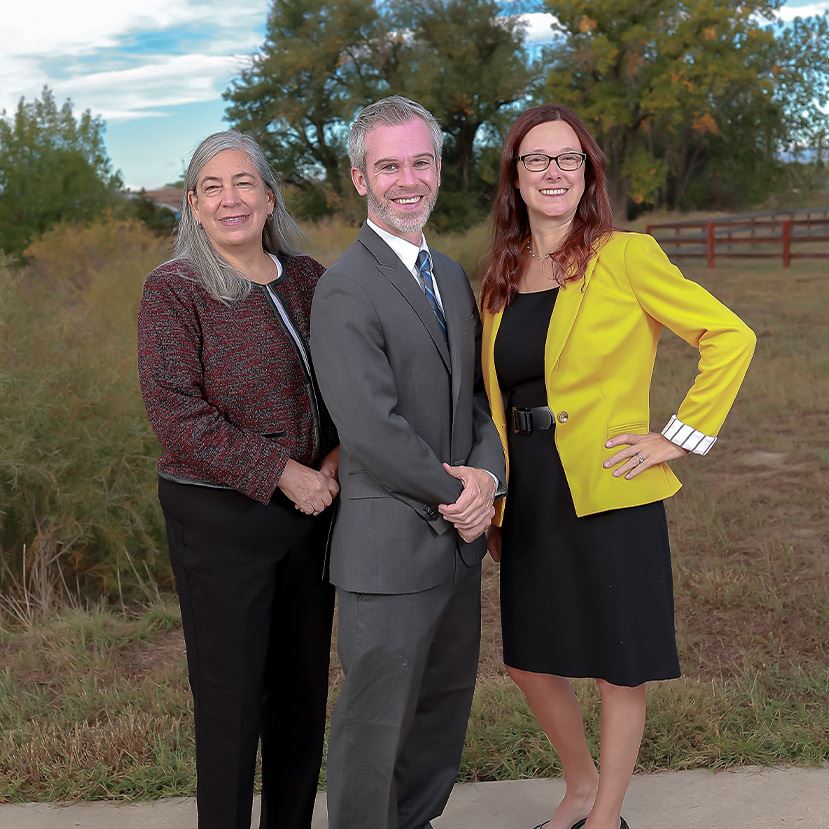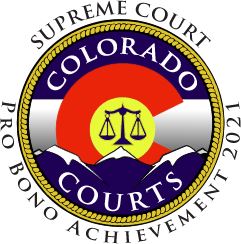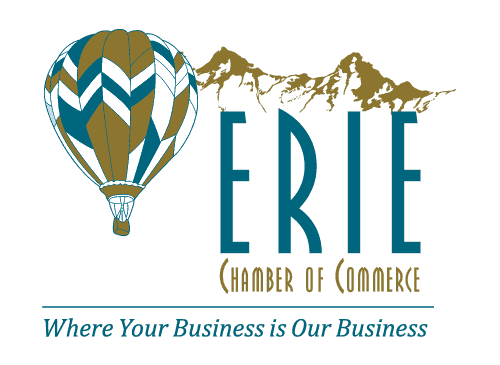
Probate
Your Premier Colorado Attorneys


Hear From Our Happy Clients
Reviews & Testimonials
-
"truly a pleasure to work with"Laura in the Erie office walked us through our estate planning. She was so helpful! She's pleasant, energetic, professional and friendly - truly a pleasure to work with. She completed the task quickly, and we could not be more pleased.- Annie M.
-
"It is a joy working with her"100% effective and personal. Amanda is a true dealmaker! It is a joy working with her.- Julius T.
-
"she was awesome!"Laura was my attorney, and she was awesome! She was easy to work with, and was really patient with me, explaining everything I didn't understand. Which was pretty much everything. Got my case wrapped up quicker than I expected. That was great, cause time is money. I liked her so much I had her put my will together for me next. So my experience was very good. I will use them again if necessary. Good luck!- Thomas C.
-
"I strongly recommend using Peek Goldstone!"Monique handled my divorce with class! Everything went smoothly and was final at the 91 day mark. I strongly recommend using Peek Goldstone!- Renee P.
-
"So glad to have met them both"Brian Klein and Brie Garhart were just outstanding with my case. Throughout the process they listened to my concerns and worked hard to get the outcome that was more than satisfactory for me. They were with me all the way calming my fears and at the end celebrating the outcome. So glad to have met them both and to have had the opportunity for them to work on my case and I call them friends.- Daniel A.
-
"Amanda Peek and Scott Goldstone are the absolute best in Colorado!!!!"Amanda Peek and Scott Goldstone are the absolute best in Colorado!!!! I could not ask for better attorneys. Thank you everyone on the Peek Goldstone team for all of the hard work you do. You all are awesome! Mr. Scott Goldstone has been my attorney since 2015. During the storms I have had to go through in order to have a relationship with my son, Scott has flawlessly guided and advised me through it all. I had the chance to work with Amanda as well, and she is just as wonderful as Scott. I would not be where I am at today with my son if it wasn't for Scott and Amanda. Thank you both so much for everything you have done and are continuing to do for my son and I. I am very grateful to have the both of you in my life. A huge shout out to all of the paralegals and other staff members working for the law office of Peek Goldstone. Everytime I call the office, you are very professional and helpful! Anybody reading this review that is in need of a family lawyer, Scott and Amanda are the attorneys for you. The investment in their team is worth every penny.- Calvin A.
-
"I highly recommend Brian Klein at Peek Goldstone"Having received poor advice from a different law office and attorney, I was feeling distressed due to the criminal charges made against me. Seeing an ad for Peek Goldstone in my local paper, I gave them a call. Right from the initial consultation I knew I had found the right person for the job! Brian Klein treated me with respect and was nothing short of brilliant in his ability to leave no stone unturned in order to represent me in the best possible light. Will you have to pay for his services? Yes. Will it be worth it? Yes! I highly recommend Brian Klein at Peek Goldstone for your criminal case.- Lori Ann J.
-
"I appreciate his kindness"Mr. Goldstone represented me very well. I appreciate his kindness and legal expertise.- Wade H.
What Our Clients Say
Our clients share their stories about what happened and how we helped.








